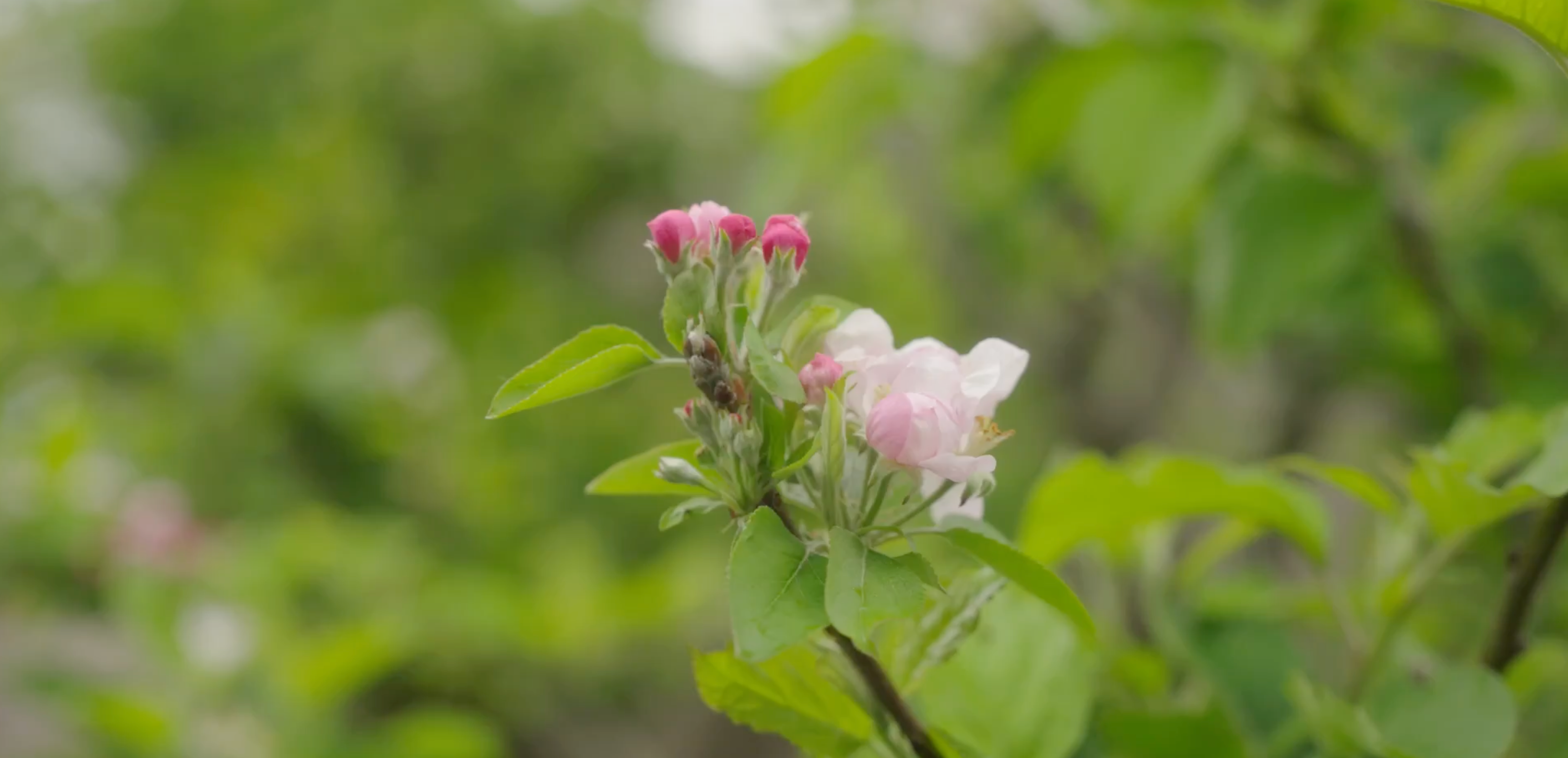
Our Story
How We Saved
Our Trees
↓
Our Story
Meet Robert & Maria
We're proud to cater to plant and tree irrigation needs of homeowners across the country, but it didn't start as a business plan. We simply wanted to save the trees on our own property!
Contact Us to learn more about how Root Quencher's line of products can save money and help you reach your landscaping and gardening goals.
Our Mission
Revive Plants, Get Higher Yields, and Conserve Water.
The mission of Root Quencher is to enable homeowners, gardeners, and landscapers to tend to the unique needs of plants and trees while having a positive impact on the environment. Our vision is to bring subsurface watering to every house in the country. In doing so, we will reduce the negative impacts of traditional watering techniques, providing plants nutrients and hydration where they need it most—the roots—and reducing outside water usage by up to 50%.

Intentional time together
Spending Time with Our Family Is A Priority
There is nothing better than to work in the garden with your kids and grand kids, watching things grow, harvesting fruit and vegetables and enjoying the outdoors TOGETHER.

Conserving Water
We Wanted To Reduce Our Environmental Footprint and Save Money.
We couldn't watch our plants and trees whither away, but our water bill was outrageous and we knew continued usage at that rate would hurt the planet. Plus, our plants were still not thriving. We had to do something.

The Environment
We Needed A Better Way To Utilize Our Compost For Providing Nutrients.
Home composting has become a huge part of our program. Compost repurposes food and yard waste and gives us amazing soil to use in plantings and inside the Root Quenchers to provide nutrients to our plants.



The Evolution of Root Quencher
We Never Set Out to Design a Product
Growing up, I watched my parents avidly pursue knowledge about plants and trees through formal education and practice. Google didn't exist back then, so neither did immediate answers. They had to conduct extensive research to learn what they needed. They mixed their own fertilizers, tended to their many fruit trees, shade trees, bushes, flowers, and other plants around our property.
I remember my father installing irrigation systems all over the yard that my uncle had designed. His brilliant use of water and the manipulation of water droplets to cut down on misting and evaporation were cutting edge in the 1960s and 1970s and remain very relevant today.
I soaked this knowledge in as a kid without realizing how I would be able to utilize it to save my parents trees and develop a product. Now, there is a line of Root Quencher products that have changed the way people think about how to water and fertilize their plants!
Ready To Water Smarter?
Rethink The Way You Water
Get the latest tips, deals & news – straight to your inbox.
